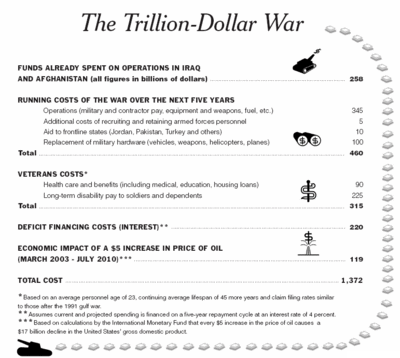Over the past two days I listened to the audiobook of Fast Food Nation: The Dark Side of the All-American Meal. This is another one of those ‘everyone should be exposed to this material or at least this perspective, angering that it might be.’ Basically, the structure of the fast food industry has created a whole series of transformations (many bad) in America and other industries are following suit.
Though saddening, it is important to be reminded that it is all about money; there are operations and operatives working constantly to seduce your existence (i.e., resources, thoughts, being).
Here are some tidbits:
8 years old is the perfect marketing age, they are impressionable and have 65 years ahead of them.
70% of visits to fast food stores are unplanned. Most aren’t evening planning to eat.
One of the major breakthroughs of fast food is the absence of cutlery and plates. (That is so familiar to me that I hadn’t even thought about it being another way.)
McDonald’s uses commercial satellites to predict urban sprawl to build appropriate locations.
McDonald’s is almost more appropriately thought of as a gargantuan landlord. It just so happens that the best way for their ‘tennets’ to pay the rent is by selling cheap hamburgers.
Almost everything arrives frozen and is then cooked.
Fries are purchased for 30 cents/pound, they are heated and oiled and sold for 6 bucks a pound.
The syrup in soft drinks costs between 9-14 cents.
New Jersey turnpike runs through ‘flavour’ country, as in flavour companies are based in and around there. Those factories make the flavours you love.
0.5 cents for flavour in a Coke.
It was interesting to think about olfaction/taste and that one drop of one chemical provides enough flavour when diluted in an amount equivalent to 5 swimming pools.
Add a chemical, and things can taste like apple, popcorn or grass even!
Natural flavour is a sketchy misleading concept
The McNugget changed things. Chicken was never sold in little pieces like that. Consequently, in 1992 sales of chicken surpassed that of beef.
A top executive involved in food ingredient production/sales actually said, “Our competitors are our friends and our customers are our enemies.” (wow)
Many stores use illegal or recent immigrants. They are poor, less likely to join unions, and more willing to comply.
More fast food workers are killed each year than police officers. (I think this might be misleading. There are 200,000 stores, so probably at least one million workers, what about the average citizen, or how many police officers are there? More stats would help).
Slitter – someone’s actual job is to slit the throat of cattle at about once every ten seconds.
A meat packer is three times more dangerous than the average factory job
This one guy Kenny worked and worked for a meat packing plant despite injury after injury and unjust requests. After a broken leg, ankle, heart attack and lungs destroyed from chlorine, he was fired. He said, “…I have no body parts left to give…” (I imagine that his situation is atypical, but… wow)
Companies used to feed cows dead dogs/cats from shelters.
Dead chicken, sheep, cow blood, chicken manure are feed to cows.
Food safety… yikes.
JackintheBox now has the more thorough safety testing. Other companies are resistant to microbial testing, but it raises costs by only about a penny per pound.
In Brazil, McDonald’s is the largest private employer.
McDonald’s opened a store in Germany, one mile from a concentration camp. They denied they were trying to ‘cash in’ on visitors, but initially distributed flyers in the parking lots near the camps.
What Las Vegas really sells: a loss that feels like winning. (Regarding the nature/structure of slot machines)
We’ve been fattening ourselves up and it is spreading, despite the fact that a western diet increases likelihood of death.
In summation, like Wal-Mart or Nike, through fast food we are destroying ourselves because of our attraction to shiny, colourful things, our desire for cheaper prices, and our quest for immediate gratification.








